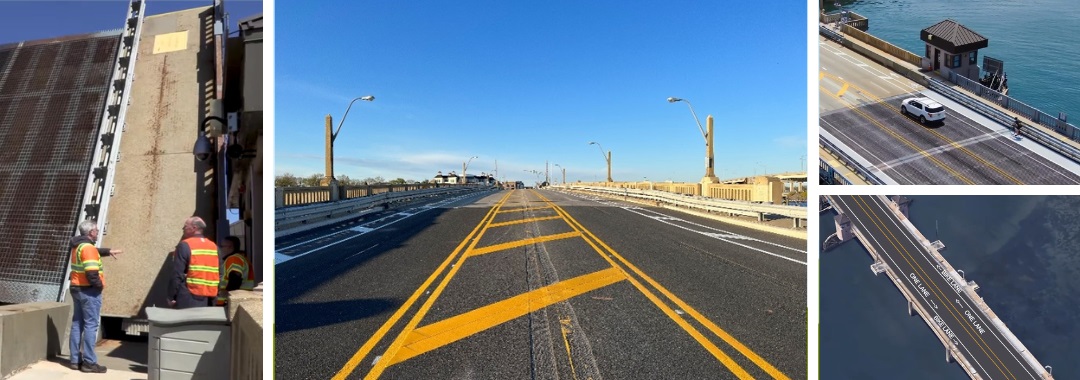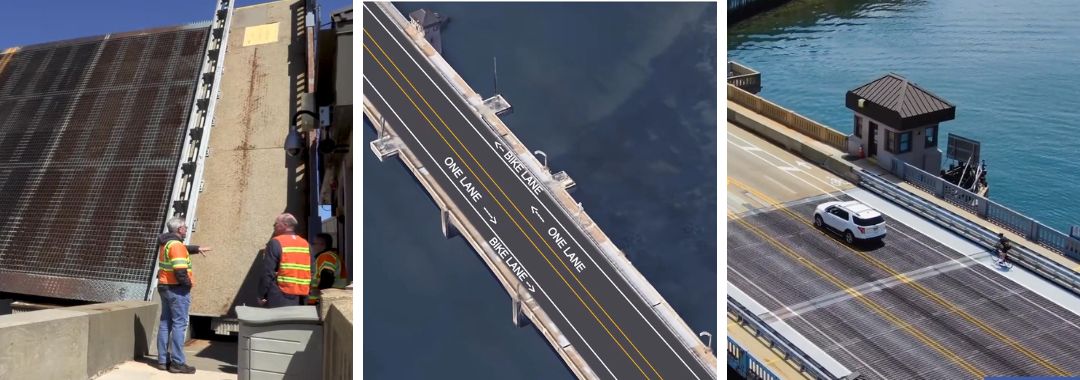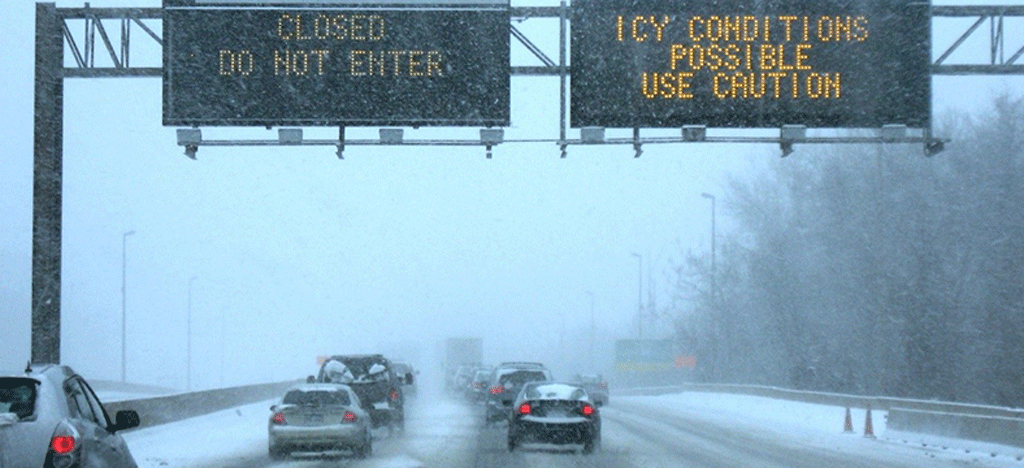
Aug 30, 2023 | Build a Better Mousetrap, Innovation Spotlight, News
The Federal Highway Administration’s Local Aid Support team in the Office of Transportation Innovation and Workforce Solutions has announced the 2023 recipients of the Build a Better Mousetrap National Recognition Program for Transportation Innovation. Each year, FHWA...

Jul 19, 2023 | Innovation Spotlight, News, NJ STIC
NJDOT’s Route 71 Shark River Bridge Preservation and Road Diet project has been selected as a regional winner in the 2023 America’s Transportation Awards Competition. The competition is sponsored by the American Association of State Highway and Transportation...

Nov 1, 2021 | Innovation Spotlight, News, NJ STIC
The Intelligent Transportation Society of New Jersey (ITS-NJ) recognizes outstanding projects or programs that employ or advance ITS technologies. This year NJDOT’s “Weather Savvy Roads” system, also known as the Mobile RWIS effort, received its 2021 Outstanding...








